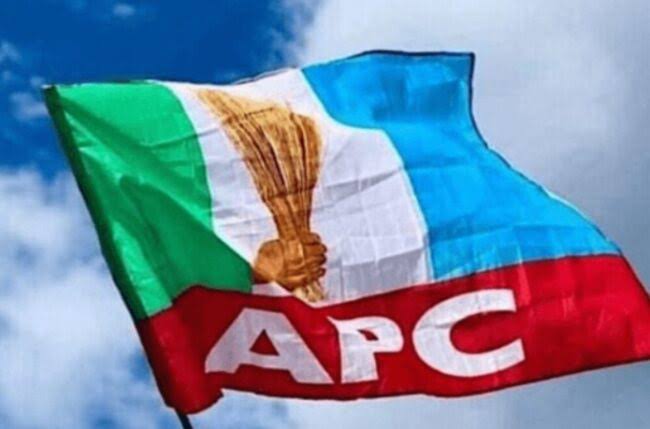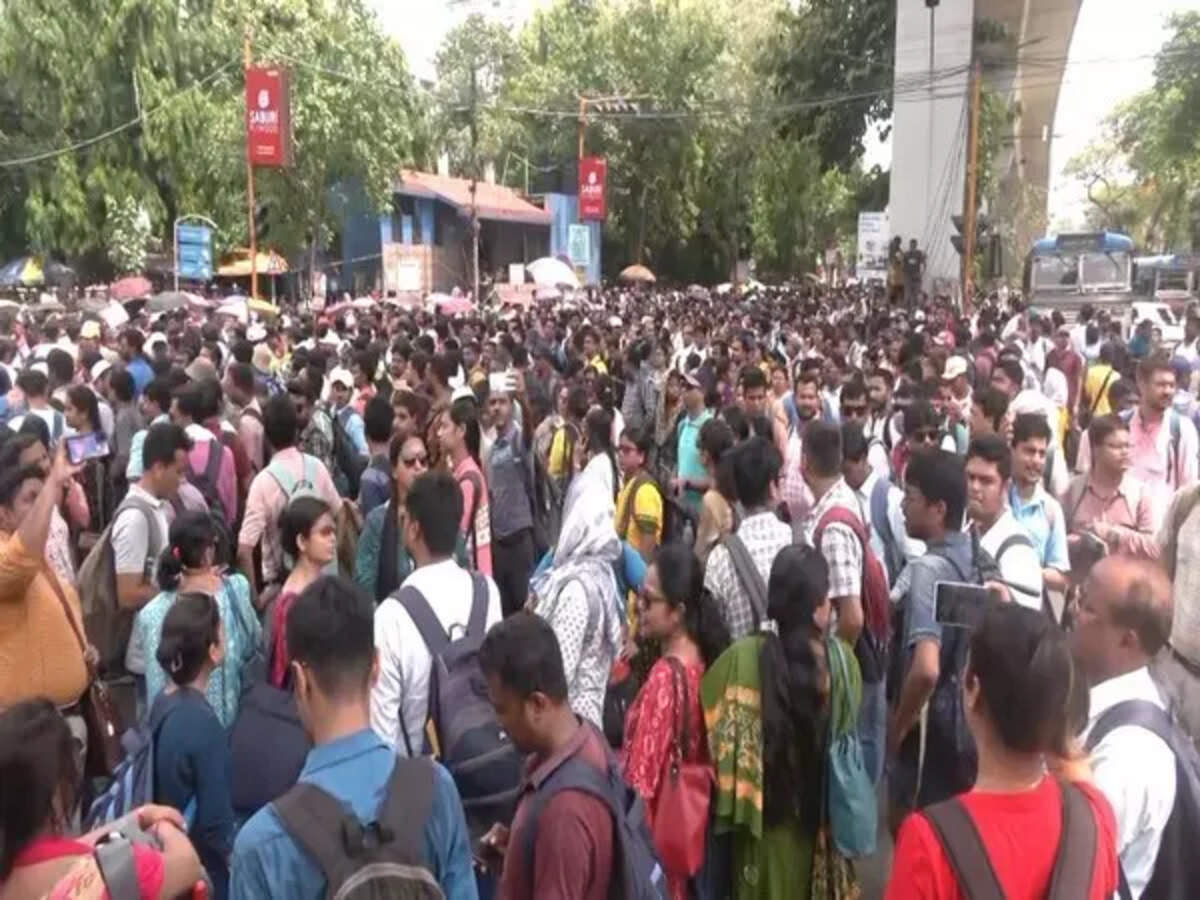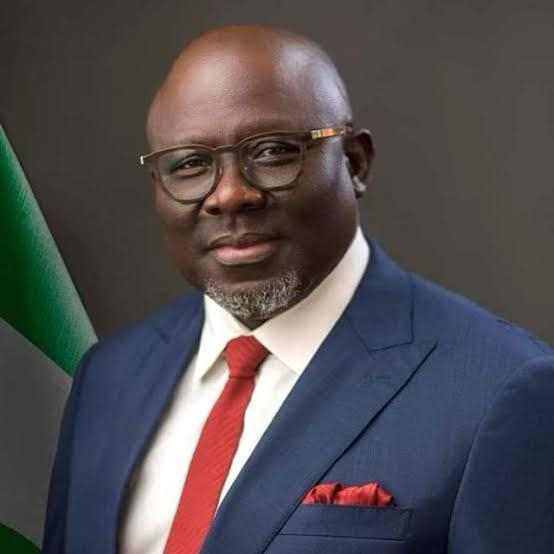
In a renewed effort to promote transparency and citizen engagement in economic decision-making, the National Orientation Agency (NOA) and the National Bureau of Statistics (NBS) have jointly unveiled the critical components of the ongoing rebasing of Nigeria’s Gross Domestic Product (GDP).
The collaborative initiative is designed to foster public understanding and inclusivity in the rebasing process, which aims to provide a more accurate and up-to-date picture of the Nigerian economy. By shedding light on the revised methodology, updated indicators, and the inclusion of emerging sectors, the agencies are working to ensure that Nigerians not only grasp the nature of the changes but also appreciate their broader economic implications.
Speaking at the sensitisation event, NOA Director-General, Mallam Isa Lanre Onilu, emphasised the importance of involving citizens in conversations around national data and planning.
“The rebasing of our GDP is not just a statistical adjustment; it is a national exercise that reflects our evolving economy. It is important that Nigerians understand what this means for policy, development, and everyday life,” he said.
The NOA’s involvement in the process underscores its mandate to bridge the gap between government policies and public awareness. Through nationwide advocacy and sensitisation campaigns, the agency aims to dispel misconceptions surrounding GDP rebasing and promote informed dialogue across all sectors of society.
The GDP rebasing exercise, last conducted in 2014, is essential for aligning national data with global standards and reflecting the true size and structure of the economy. With the inclusion of new industries such as tech, digital services, and the creative economy, the revised GDP figures are expected to capture current market realities more accurately.
Both NOA and NBS reaffirmed their commitment to data-driven governance and inclusive economic planning, especially in today’s fast-paced global economy. Citizens are encouraged to engage with the process, ask questions, and remain informed as Nigeria charts a course toward a more transparent and dynamic economic future.






